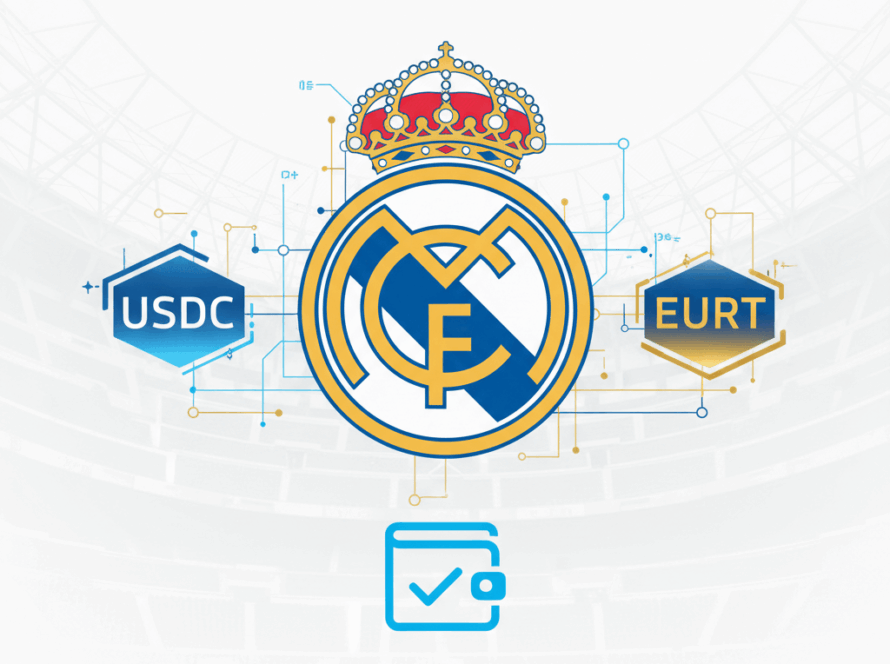By Marco Rossi – Fan Culture & Sponsorship Writer
From Excitement to Exhaustion
When fan tokens first hit the scene, many supporters were curious. They promised inclusion, digital souvenirs, and a new way to interact with clubs. But by 2025, backlash is spreading across Europe. For some fans, the commercialization has gone too far, and tokens are turning toxic.
Ultras Lead the Resistance
In Germany, banners reading “Football for fans, not for profit” cover terraces. In Italy, ultras chant against token sponsors. Even in England, where commercialization has long been accepted, pushback is growing.
Supporters argue that fan tokens are less about engagement and more about extracting money from loyalty. What was pitched as empowerment now feels like exploitation.
When Gimmicks Replace Real Influence
The frustration stems from broken promises. Token holders are rarely allowed to influence meaningful issues like ticket pricing or stadium rules. Instead, they vote on playlists or kit trims. For many, that feels like paying for trivial participation while clubs rake in millions.
“Why should I spend €20 to choose the color of a captain’s armband?” asked one Spanish supporter in a viral post. The sentiment reflects a growing disillusionment with token systems.
Financial Burnout
Beyond gimmicks, financial strain plays a role. Fans already pay for tickets, kits, and streaming subscriptions. Adding tokens often volatile in value stretches wallets further. In countries facing inflation and wage stagnation, token fatigue has become real.
Some fans who bought tokens in 2021–22 saw their value collapse, leaving them with digital souvenirs worth a fraction of the price. For critics, it confirmed suspicions that tokens are closer to gambling than engagement.
Clubs’ Defense
Clubs defend the system, pointing to global demand. International supporters, they argue, embrace tokens as ways to connect. Token sales generate millions that help stabilize finances, especially after the pandemic.
But this defense rings hollow too many locals, who feel they’re being turned into customers of their own traditions.
Regulators Step In
Regulators are taking note. In the UK and Spain, authorities have investigated whether token promotions mislead supporters. Watchdogs argue that selling financial products under the guise of fan engagement crosses ethical lines.
Pressure is mounting for stricter oversight and for clubs to ensure transparency in what tokens can and can’t deliver.
What Fans Want Instead
Surveys suggest fans aren’t opposed to digital engagement; they just want it to feel authentic. Instead of cosmetic polls, supporters want tokens to influence matters like away ticket allocations, stadium design, or youth program funding.
If clubs offered that kind of participation, backlash could ease. Without it, the divide will only deepen.
Final Whistle
Tokens were sold as empowerment but risk becoming symbols of exploitation. Unless clubs recalibrate, they may lose trust from the very communities that give football its meaning.
Fan engagement works best when it’s genuine. When it becomes a gimmick, it doesn’t just fail; it turns toxic.




